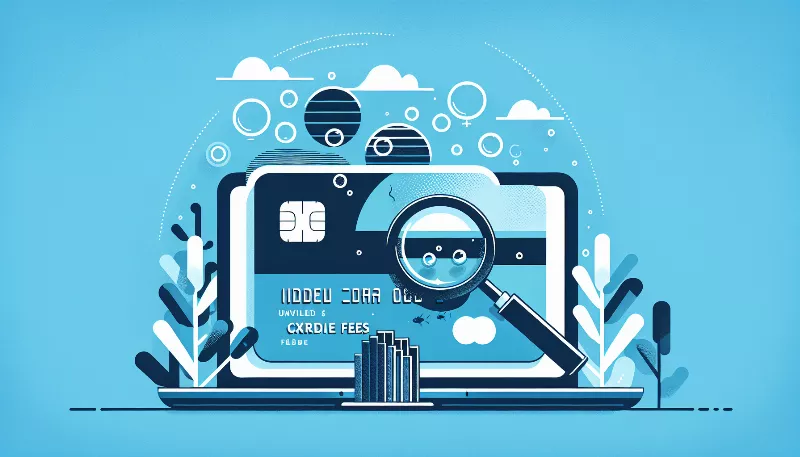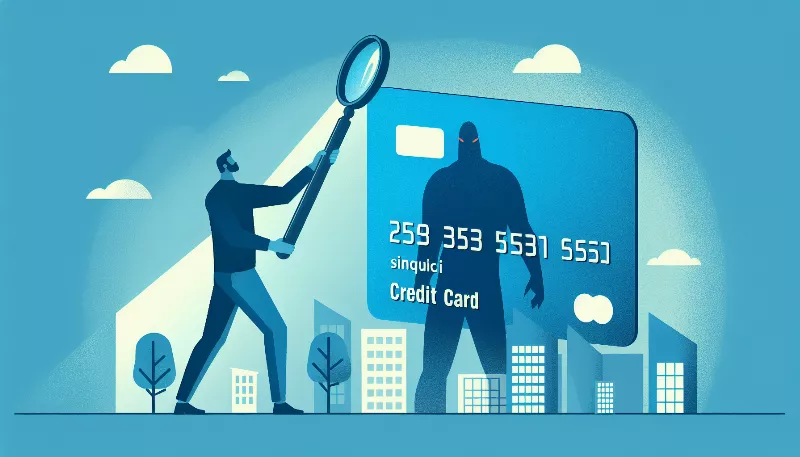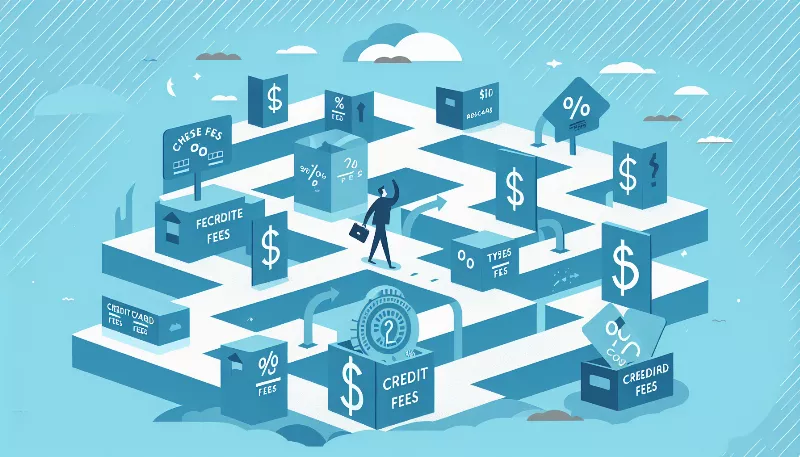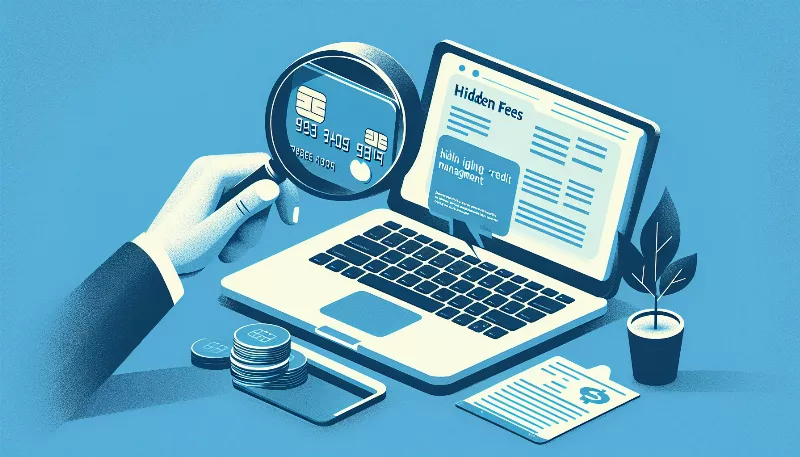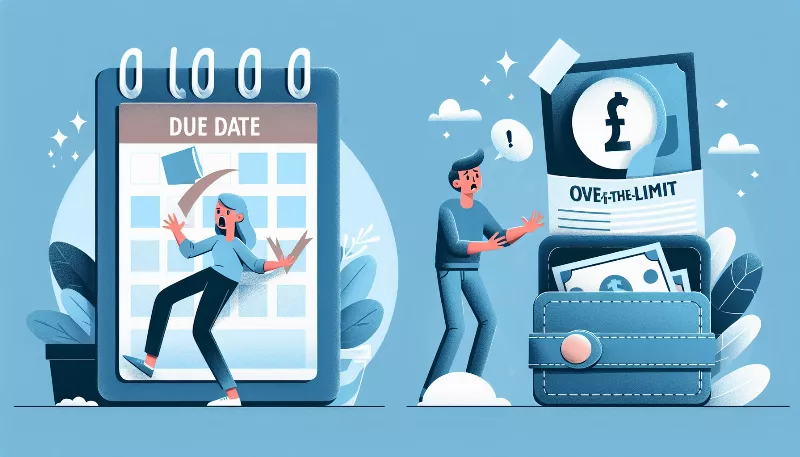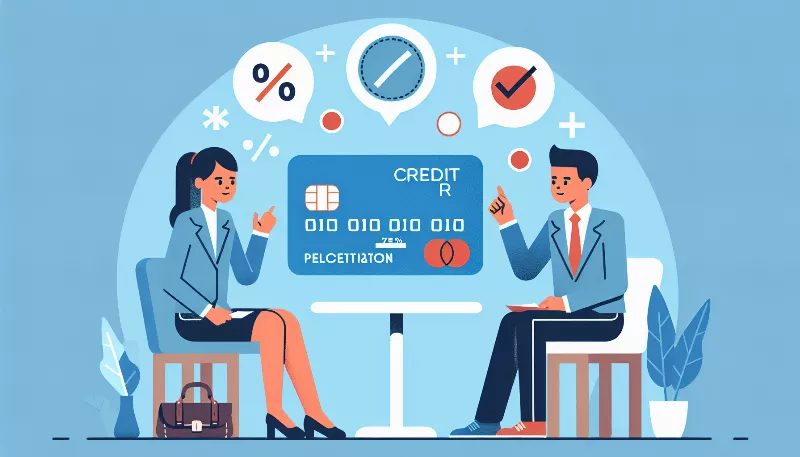What are the most common types of fees charged by credit card companies?
Uncover hidden costs with our guide on common credit card fees. Learn about annual, transaction, and penalty charges to save money on your card!
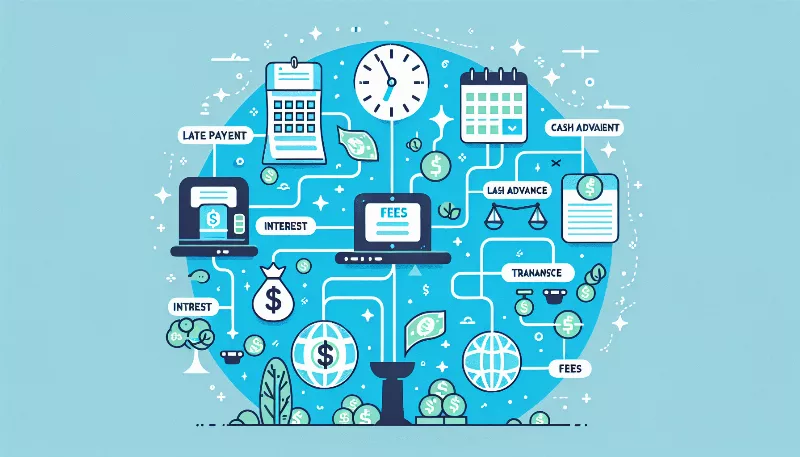
Get Ready to Dive into the World of Credit Card Fees!
Are you ready to become a savvy credit card user? Understanding the fees associated with your credit card is crucial to managing your finances like a pro! Let's embark on an exciting journey to uncover the most common types of fees that credit card companies might charge you. By the end of this article, you'll be equipped with the knowledge to navigate the credit card landscape with confidence and avoid any unpleasant surprises on your statement!
Annual Fees: Your Membership Ticket to Credit Card Benefits
One of the first fees you might encounter is the annual fee. Think of it as a membership fee for the privilege of using the credit card. While many cards offer a no-annual-fee option, premium cards with extensive rewards and benefits often come with an annual fee. This fee can range from a modest amount to several hundred dollars, depending on the card's perks. But don't worry, if you're reaping more rewards and benefits than the cost of the fee, it could be well worth it!
Transaction Fees: The Cost of Convenience
Next up are transaction fees, which can sneak up on you if you're not careful. These include balance transfer fees, charged when you move a balance from one card to another, typically a percentage of the transferred amount. Then there are foreign transaction fees, which apply when you make purchases abroad or in a foreign currency. These fees can add up quickly, so it's essential to choose a card that aligns with your spending habits, especially if you're a globetrotter or love shopping from international retailers.
Cash Advance Fees: When You Need Cash in a Flash
Sometimes you might need cash, and that's where cash advance fees come into play. This fee is charged when you use your credit card to withdraw cash from an ATM or bank. It's usually a percentage of the amount withdrawn, with a minimum fee applied. Remember, cash advances also start accruing interest immediately, so they can be quite costly. Use them sparingly and only when absolutely necessary!
Late Payment Fees: The Importance of Punctuality
Let's talk about late payment fees. These are penalties for not making your credit card payment by the due date. To avoid these pesky fees, set up automatic payments or reminders to ensure you always pay on time. Late fees can not only hurt your wallet but potentially your credit score as well, so punctuality is key!
Over-the-Limit Fees: Keeping Your Spending in Check
Another fee to be aware of is the over-the-limit fee. This fee may be assessed if you charge more than your credit limit. However, thanks to consumer protection laws, you must opt-in to allow transactions that would put you over your limit, and thus incur these fees. It's a good practice to keep track of your spending and stay within your credit limit to avoid these charges altogether.
Returned Payment Fees: When Payments Bounce Back
Last but not least, we have returned payment fees. If you make a credit card payment that bounces ? say, if your bank account doesn't have sufficient funds ? you'll likely be hit with this fee. To prevent this, always ensure you have enough funds in your account before making a payment.
Final Thoughts: Knowledge is Power!
There you have it, the rundown of the most common credit card fees. Remember, knowledge is power! By understanding these fees, you can make informed decisions about which credit card to choose and how to use it. Always read the fine print, and don't hesitate to reach out to your credit card issuer if you have any questions. Here's to smart spending and keeping those extra charges at bay!

